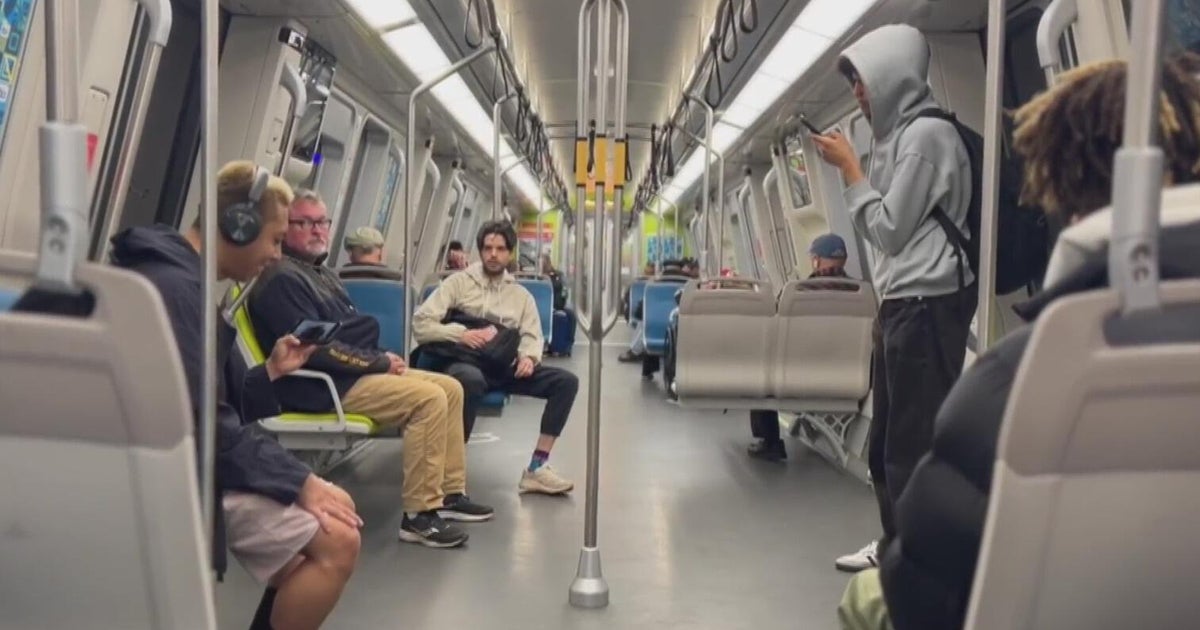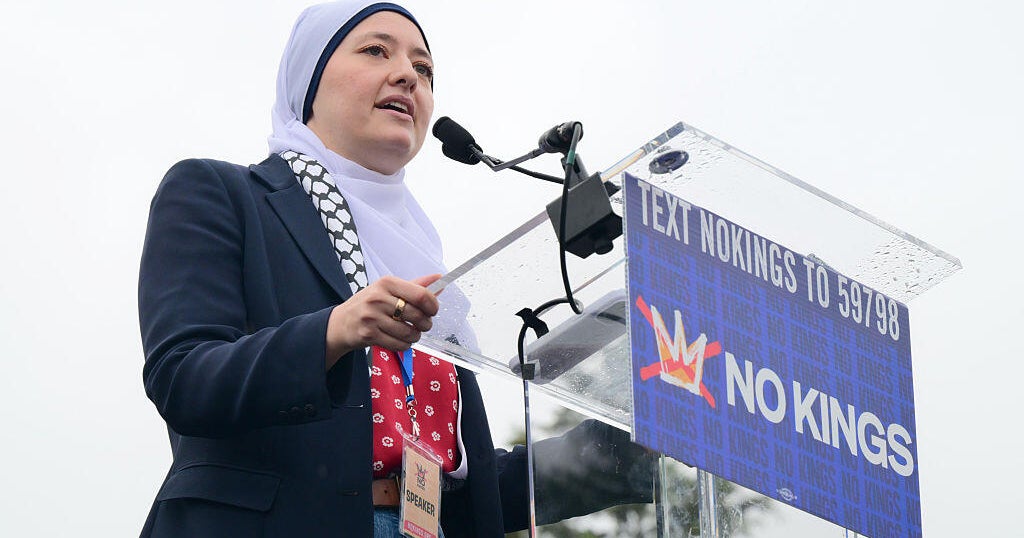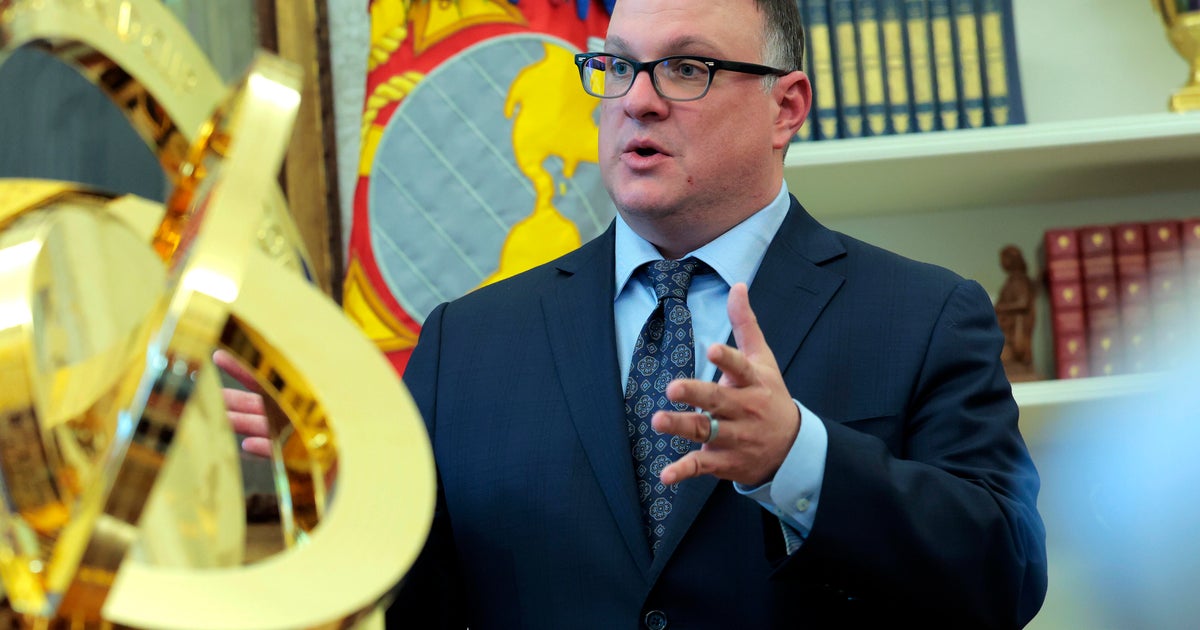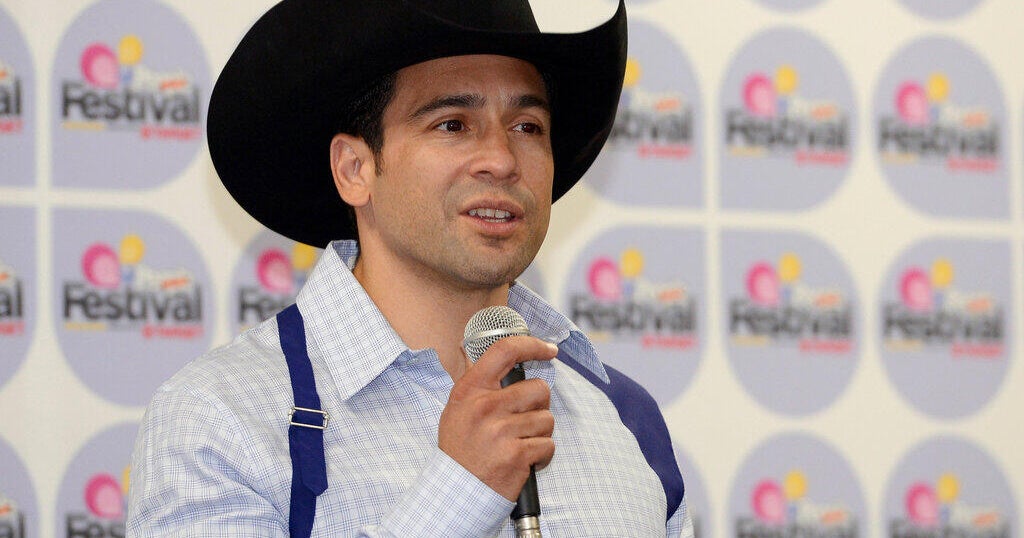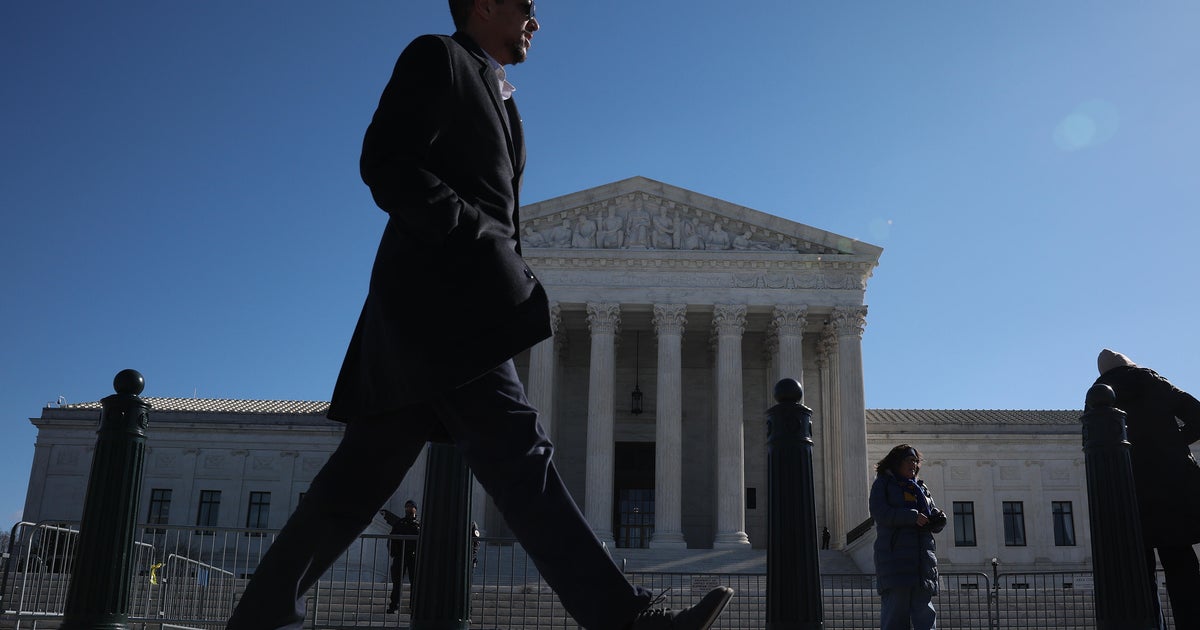High turnout expected for 2024 San Francisco mayor's race following change to election calendar
Not only is San Francisco closing in on a highly watched mayoral election, it will be a first of its kind. City voters will now elect their mayor on the same ballots as the presidential race, and that means vastly higher turnout.
The change is something people have been discussing for years, and now there's a lot of guessing about what it could mean for city politics.
"You know, to me as a political scientist, I am fascinated by an election that is hard to predict," said Corey Cook, Professor and Provost at Saint Mary's College. "There are some predictions about what might happen in terms of voter turnout, but ultimately it's an experiment."
The experiment, as Cook refers to it, is the seismic shift in San Francisco's election calendar; a move that will bump the race for mayor off those low-turnout odd years, over to the very high turnout presidential cycle. The implications could be enormous.
"What you've seen in San Francisco historically is very low turnout tends to benefit moderates," Cook explained. "As turnout increases, sort of more progressive voters, or those typically less likely to vote, start to turn out. The question is what happens in a very high turnout election."
"So we're gonna see probably 85% turnout of San Franciscans voting for their mayor instead of what we usually get which is in the low 40s," said Supervisor Dean Preston.
Preston, a progressive, is not just an enthusiastic fan of the consolidated elections, he put the issue on the ballot, where voters loved the idea as well, passing with 71% of the vote.
"People who have disagreements from the more progressive to the more moderate end of the spectrum, agreed on Prop H," Preston said.
"You know, this is one of the rare times and I think Dean Preston has done something good for San Francisco," quipped GrowSF director Sachin Agarwal. "We need to have elections where the outcomes reflect what most San Franciscans want in our city."
It is something that San Franciscans, by and large, agree on: The consolidation is good.
Moving the mayoral vote to presidential election years also drives up the already high stakes for this election: Control of city government at a time when people generally agree the city is at a kind of crossroads.
And then there's the divide between the moderate and progressive factions of the city. The question now is, who stands to gain from the higher turnout?
"Who will be motivated to turn out to vote in a presidential election, that otherwise wouldn't have voted in a mayoral election," Cook said of the enlarged electorate. "What do they do? How do they process candidates? Where are they getting information from?"
It is a hot question among political scientists, and it's something people in the city see unfolding in different ways. Progressives are encouraged by the general rule of more votes, more blue.
"I do believe that when you have broader participation voting, it tends to favor or progressive candidates and policies," Preston said. "And I think we'll see that in the election results this November."
But the city's moderates, who have enjoyed recent success at the polls, see a kind of San Francisco inversion here. More voters, they say, might actually push the city towards the middle.
"They are more centrist voters," Agarwal said. "They are people who are focused on outcomes over any ideology. That's who we reach when we expand the electric. We don't just reach activists who are voting in low-turnout elections."
So the potential turnout effect is something people disagree on, despite some consensus on the gravity of the vote, and the virtues of greater participation.
"This is going to be the most important election in the modern history of San Francisco," Agarwal said of the vote.
"Now we have far more likelihood that most of San Francisco will actually go for the polls," Preston said.
"Do they vote for familiar names?" Cook asked of the new voters. "Are they more influenced by, sort of broader, more traditional, campaign, spending and media appeals, because they are not duly embedded in San Francisco politics?"
Turnout is only one part of the larger equation, which still has any number of variables left to be revealed.
"What is the mood of the electorate, and what is this electoral field," Cook said of the unknown factors. "Who are the mayoral candidates? Who are the progressives in the race? Who are the moderates in the race? There's a long way to go between now and November."
